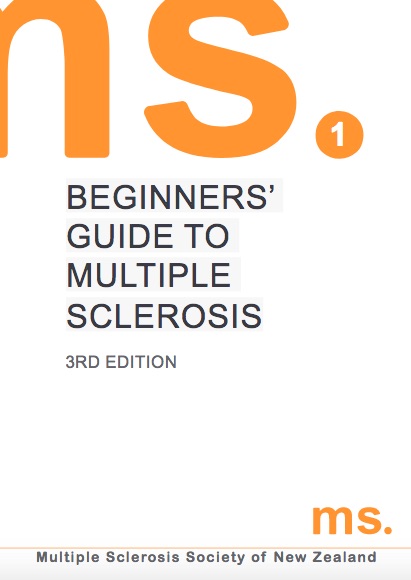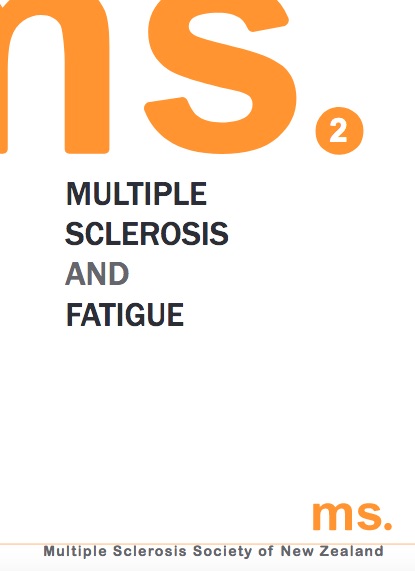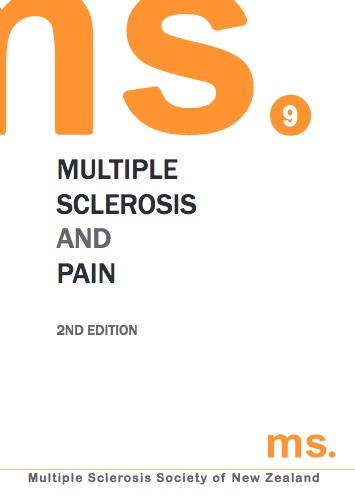Currently, there is no cure for MS, but there are medications that can slow down how fast your MS gets worse and help to ease symptoms as they arise.
The various treatment options aim to:
- prevent relapses
- treat relapses
- ease certain symptoms
- minimize disability by rehabilitation
Preventing relapses (disease-modifying therapies)
Disease modifying therapies (DMTs) control or modulate your immune system and have been shown to reduce the number and severity of relapses in some people. They can slow down how fast your MS gets worse. DMTs only work if there’s active inflammation in your brain or spinal cord. By changing how your immune system behaves, DMTs can make it less likely to attack the nerves in your brain and spinal cord, resulting in less inflammation and less new damage to your nerves. But if you have nerves that have suffered permanent damage, a DMT can’t repair that.
The following are examples of DMTs that are available in New Zealand. These medicines are currently funded by Pharmac:
If you have relapsing MS, it’s best to start DMTs early – evidence shows that a DMT works better the earlier you have it. The sooner you have a DMT, the less your brain and body is likely to suffer damage. Damage caused by MS builds up over time and can be happening between relapses.
Only a neurologist can start you on a DMT. They will assess numerous factors such as how active your MS is, how many relapses you’ve had in the last year or two, how bad they were and if you’ve tried another DMT but it didn’t work for you.
Treating relapses
Steroids such as methylprednisolone or prednisone are used to treat acute flare-ups. They can be taken either orally or intravenously and is usually given as a high dose for a few days. Steroids can shorten the length of an attack and lessen its severity. Steroids work by reducing inflammation.
Easing symptoms
People with MS may experience a variety of symptoms, and these are treated as they arise. Treatment will vary and depend on how severe the symptoms are. Examples are:
- anti-spasm medicines to ease any muscle spasms
- painkillers are sometimes needed such as for nerve pain.
- medicines which can help with some bowel and bladder problems that may develop
- antidepressant medicines which are sometimes advised if you develop depression
- medicines which can often help with erectile problems which may develop.
Rehabilitation
Rehabilitation tries to improve lost function, usually after an exacerbation (or acute attack).
During remission periods, it's best to participate in a maintenance therapy programme to achieve and sustain optimum physical condition.
This may involve physiotherapy, stretching, coordination exercises, speech and swallowing instruction. It may also include medication, good nutrition and counselling. There may be the need for lifestyle changes (both social and occupational).









